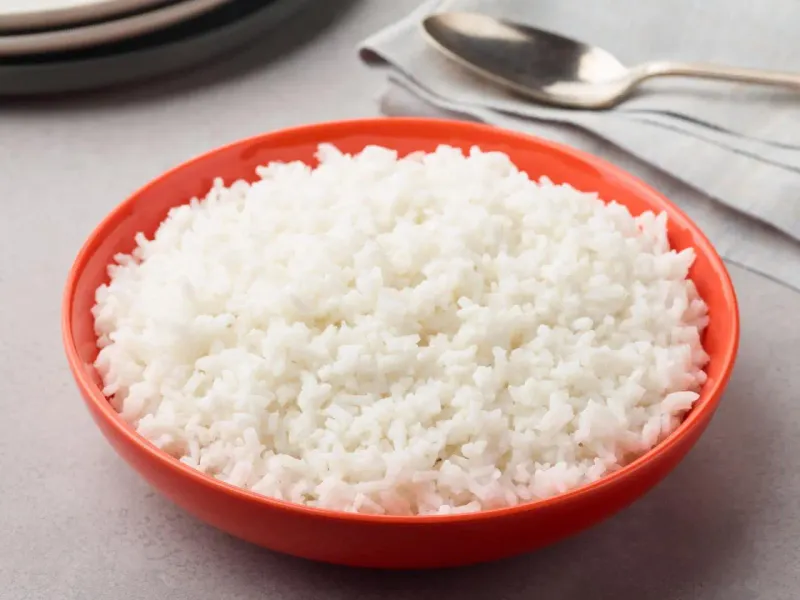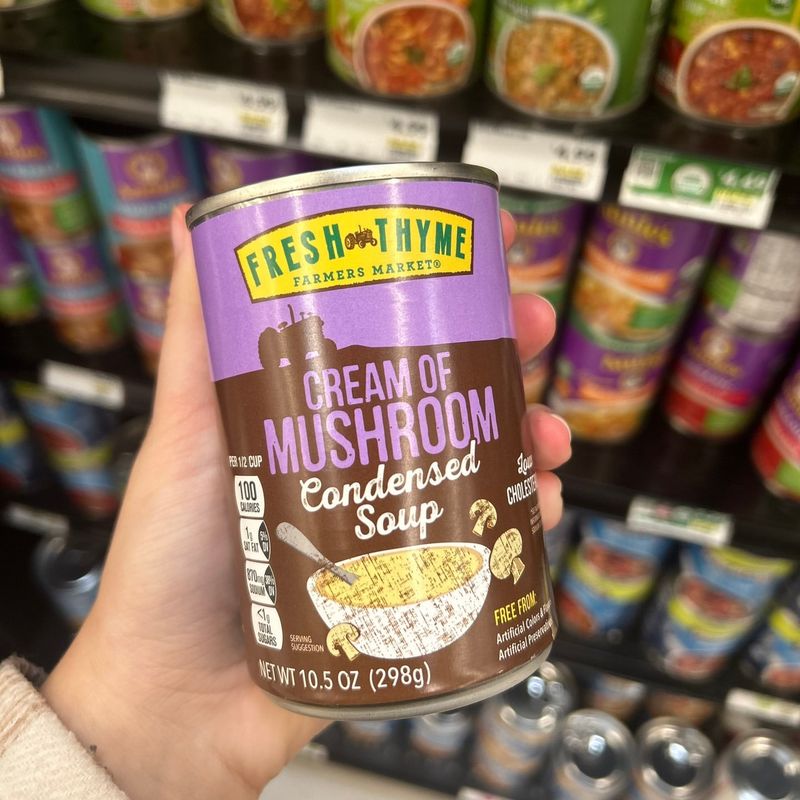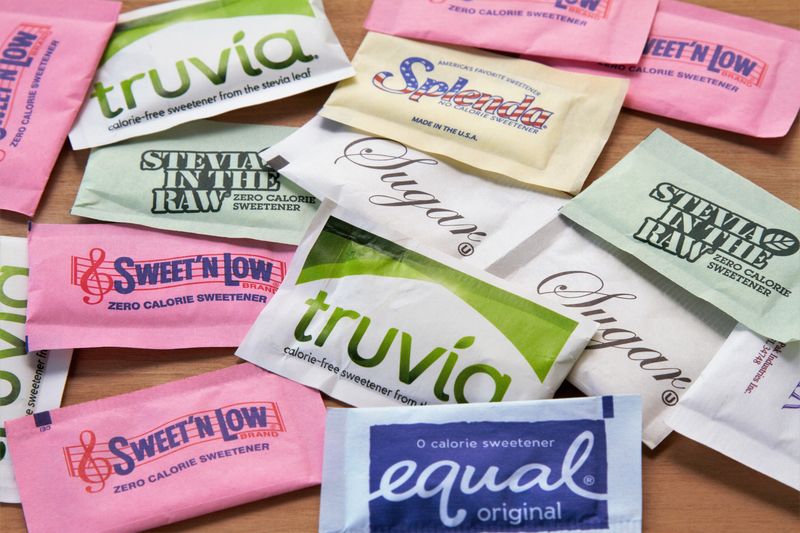As we grow older, our bodies require tailored nutrition to support changing needs and maintain optimal health. Making informed dietary choices after 60 can help enhance energy levels, prevent chronic conditions, and promote overall well-being. Identifying foods that may have negative impacts is a key step in building a balanced and health-supportive diet.
Certain foods, such as those high in added sugars, saturated fats, or sodium, can exacerbate health concerns like heart disease, diabetes, and high blood pressure. Older adults should also be cautious of overly processed foods and items lacking essential nutrients, as these can contribute to malnutrition and reduced vitality. Awareness of these pitfalls allows for healthier substitutions that nourish the body.
We highlight 8 foods to avoid and explains why they may not align with the nutritional needs of those over 60. By making smarter food choices, older adults can enjoy a more vibrant and active lifestyle while supporting long-term health.
1. Processed Meats
High in sodium and preservatives, processed meats like sausages and deli slices can pose health risks, especially as we age. These ingredients are linked to hypertension and, when consumed frequently, may elevate the risk of heart disease.
Opting for fresh, lean meats or plant-based proteins can be a healthier choice. It’s essential to read labels and be informed about what you’re putting in your body. By reducing processed meat intake, you can help manage blood pressure and maintain a heart-healthy diet.
2. Sugary Drinks
Packed with empty calories, sugary drinks like sodas and sweetened juices provide no nutritional value. Regular consumption can contribute to weight gain and significantly raise the risk of developing type 2 diabetes.
As metabolism slows with age, it’s vital to limit sugar intake to maintain a healthy weight. Instead, opt for water or herbal teas to stay hydrated. These alternatives provide hydration without the added sugar, supporting both weight management and overall health. Reducing sugary drinks can also help maintain balanced blood sugar levels.
3. Fried Foods
Fried foods are typically high in unhealthy fats and calories, contributing to weight gain and increased cholesterol levels. This can be especially concerning for older adults who are more susceptible to heart-related issues.
Choosing baked or grilled options instead can significantly reduce fat intake while still enjoying flavorful meals. Moderation is key; occasional indulgence is fine, but frequent consumption can have adverse health effects. Embracing healthier cooking methods can lead to improved heart health.
4. Refined Grains
Stripped of nutrients and fiber during processing, refined grains like white bread and white rice can cause blood sugar spikes and negatively impact digestive health.
Whole grains, such as brown rice and whole wheat bread, offer more nutrients and fiber, which aid digestion and provide sustained energy. By opting for whole grains, older adults can support digestive health and maintain stable blood sugar levels, contributing to overall well-being.
5. High-Sodium Foods
Loaded with sodium, foods like salty snacks and canned soups can contribute to high blood pressure, a pressing concern for the elderly. Excessive sodium intake may also lead to fluid retention, placing added strain on the heart.
Reducing salt in your diet by choosing low-sodium alternatives can help manage blood pressure. It’s beneficial to be mindful of the sodium content in packaged foods. Using herbs and spices to season food instead of salt can enhance flavors without the health risks.
6. Artificial Sweeteners
Often used as a sugar substitute, artificial sweeteners may negatively impact metabolism and gut health. Research suggests they might even enhance sugar cravings, counteracting their intended purpose.
Opting for natural sweeteners, like honey or maple syrup, in moderation, can be a better choice. It’s important to be cautious with consumption and listen to your body’s responses. Making informed choices about sweeteners can support metabolic health and reduce sugar dependency.
7. Alcoholic Beverages
While moderate alcohol consumption may have some health benefits, excessive intake can lead to numerous health issues, including liver damage and increased cancer risk.
For older adults, alcohol can also interact with medications, complicating health management. It’s wise to limit alcohol consumption and consult with healthcare providers about safe levels. Being mindful of alcohol intake can support liver health and reduce the risk of adverse interactions.
8. Pastries and Sweets
Loaded with sugar and unhealthy fats, pastries and sweets contribute to weight gain and heighten the risk of type 2 diabetes. Offering minimal nutritional value, they are a less-than-ideal choice for a balanced diet.
Enjoying them occasionally is fine, but frequent consumption can lead to health issues. Opting for healthier dessert options, such as fruit or yogurt, can satisfy sweet cravings while providing nutritional benefits. Balancing indulgence with healthy choices is key to maintaining well-being.








Leave a comment